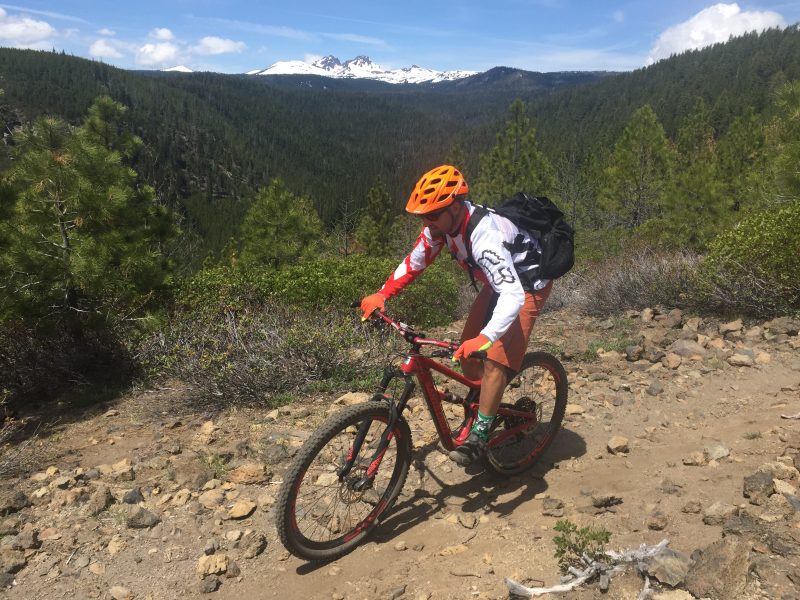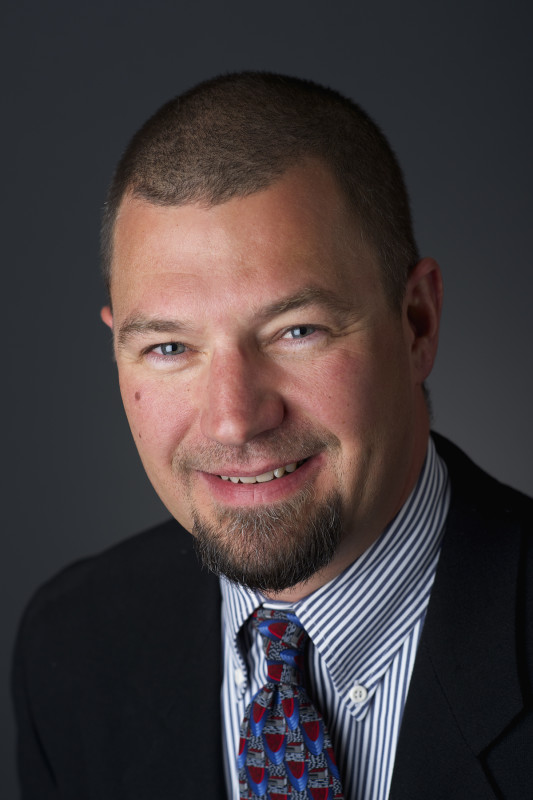 I’m an adrenaline junky at heart. Most weekends you can find me shredding single track, back country trails on my bike. I love going fast through the forest, and the more technical the terrain, the more I feel that natural high. Of course, it doesn’t always go my way. There are the occasional involuntary dismounts that hurt my ego as much as my body. But I always get back on, searching for the next adventure that (hopefully) won’t kill me.
I’m an adrenaline junky at heart. Most weekends you can find me shredding single track, back country trails on my bike. I love going fast through the forest, and the more technical the terrain, the more I feel that natural high. Of course, it doesn’t always go my way. There are the occasional involuntary dismounts that hurt my ego as much as my body. But I always get back on, searching for the next adventure that (hopefully) won’t kill me.
In our business, evaluating project feasibility isn’t all that different than mountain biking. It’s about assessing risk and calculating a potential reward. You might get scraped and bruised along the way, but it could be worth it in the end.
In the real estate development world, we’re constantly looking for and evaluating new project opportunities—looking for the ones that will pump our veins full of adrenaline and make a tidy profit for our company at the end of the ride.
We have two main tools we use for evaluating potential projects. The pro forma is the formal tool we use to understand the variables, process assumptions and forecast the bottom line. The second, less formal tool is the “gut check”. This less tangible tool is a simple question: does it feel right? Both tools are essential in evaluating the risk vs reward before deciding to move forward with a project.
Building a pro forma sounds very daunting. And I probably shouldn’t admit this, but developing the pro forma (a simple spreadsheet that calculates estimated costs and potential revenues) isn’t difficult. The challenging part is building realistic assumptions that the costs and revenues are based upon. It takes some leg work and immense understanding of your business and your market to build assumptions that have a decent chance of panning out.
For an accounting geek like me, this is the fun part. Because this is the creative part of my job where anything is possible… you just need to adjust the assumptions until the numbers work. And sometimes the numbers don’t work, and that’s okay. Numbers don’t lie. It’s better to walk away from an opportunity knowing why it won’t work, than to make a poor decision.
Now, assumptions always include inherent risk. And Brooks Resources isn’t immune to making bad assumptions. Sometimes external factors like economic conditions, policy decisions, or even natural disasters, can hit you when you’re least expecting it, taking you off your projected course. You may have to patch yourself up and take a different route. We constantly update pro formas, even after we move forward with a project. They are a flexible tool that helps you maximize profit by adjusting the assumptions based on actual conditions and keep the project moving in a positive direction.
The second tool, the almighty gut check, supplements the numbers to provide us a complete picture of the decision we’re tackling. With the years of experience we have on our team, and a clear understanding of what skills are in our wheelhouse (and what’s not), the gut check is an effective way to evaluate how a project feels. Sometimes the gut doesn’t align with the numbers, but perhaps the project accomplishes a different goal and we’re willing to make a little less profit. Or maybe we see a trend that isn’t reflected in the numbers. It’s still risky, but most of the time, our collective gut serves us well.
I admit it, calculating internal rates of return makes my heart pump a little faster. I get a thrill out estimating construction costs and evaluating historical sales data. You may think I’m crazy. And you’d be right if you knew what I survived on my bike last weekend.
About the Author

Jade has been with Brooks Resources since early 1999. As a CPA, he started his career in public accounting and held controller positions for various manufacturers prior to joining Brooks Resources. Jade has served as a member of the Budget Committee of the City of Bend, Oregon, as well as on boards for the Deschutes River Conservancy, Central Oregon Trail Alliance, Bend Spay & Neuter Project and Economic Development for Central Oregon. In addition to finance, Jade enjoys spending his time with various activities outdoors.
Jade is a Leadership Bend alumna, Class of 2003.

